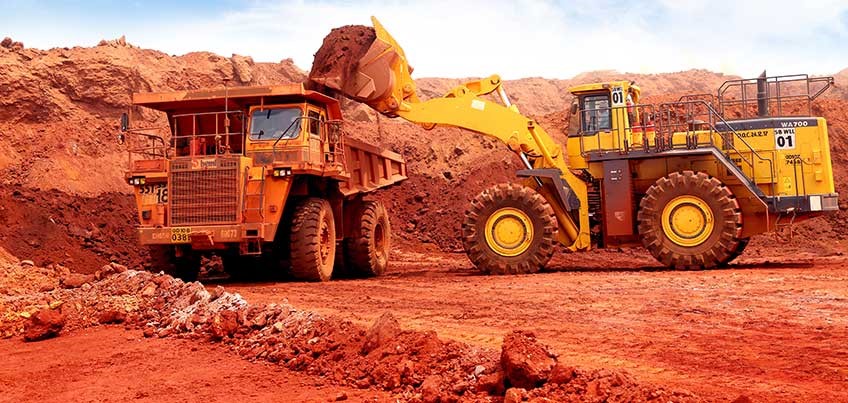

The Self-reliant India movement, a vision drawn by Narendra Modi, Prime Minister of India to make India a global manufacturing hub and aluminium industry is all set to play a key role in the movement. Presently, the worldwide manufacturing sectors like aerospace, space exploration, national defence, building and construction, transportation, automotive, electrical distribution, packaging and others are heavily dependent on aluminium.

The Indian Bauxite reserves and industrial infrastructure to manufacture Aluminium and its products have well-positioned the nation to become a vital source of metal for the world. As a producer of the base metal, this will place India as a one-stop destination for sourcing aluminium and as an outcome in a long term, this will support India towards achieving its target of becoming a $5 trillion economy.

Dr Tapan Kumar Chand, Ex-CMD, NALCO, while commenting on the unexplored potential of India's bauxite reserves said, "Bringing enough bauxite blocks of the estimated deposits of 3.8 billion tons of bauxite in India into the auction and increasing the capacity of existing mines by at least 50% will be key to moving India towards becoming Self-Reliant. This will also improve the global competitiveness of the Indian aluminium industry. Another important change that is required is in the methodology of the calculation of the Average Sale Price (ASP) of Bauxite which if continued in its current form, will have a negative impact on the overall growth of the domestic Aluminium industry. The price determined from the current ASP system is artificially increased up to 300% to 400% by including expenditures incurred beyond the mining lease."
As of now, India is yet to grasp its noteworthy bauxite deposits effectively for its economic and social advancement. With aluminium demand expected to double in the next five years, India can beneficially suffuse the demand gap by exploiting its large reserves of bauxite and coal for the production of aluminium.
Since the inception of the MMDR Act 2015, no Metallurgical Grade Bauxite mine has been successfully auctioned. This is largely linked to the infeasible and arbitrary determination of Average Sale Price (ASP) of Metallurgical Grade of Bauxite linked with the selling price of the end product Aluminium. This present pricing structure is responsible for the most part, for various state governments not being able to auction the bauxite mine leases. The present pricing structure links the selling price of the end-product (aluminium) to determine the ASP of metallurgical grade bauxite and ends up including costs such as transportation, quality control, re-handling cost etc., which should not be done. This will render Aluminium production nonviable in the country. A consequence of this is being seen in the pause of an additional investment of over INR 50,000 crore in the Aluminium sector.
As the bauxite mines not being successfully auctioned have led to a rise in the import of bauxite, one of India’s most abundant ores, to feed the rapidly increasing domestic consumption and have caused a loss of $400 million to the Indian exchequer over the past five years. Furthermore, it has been an overlooked opportunity for generating mass employment. However, bauxite mining alone creates livelihood opportunities in remote regions, which have limited potential for other economic activities.
Its good-time India should grease advantage of its rich bauxite reserves to achieve the goal of becoming a worldwide manufacturing hub. The government needs to find a solution to develop bauxite production so that the domestic aluminium industry can prosper to become competitive and realize India's vision of becoming a global manufacturing and aluminium terminus.
Responses








